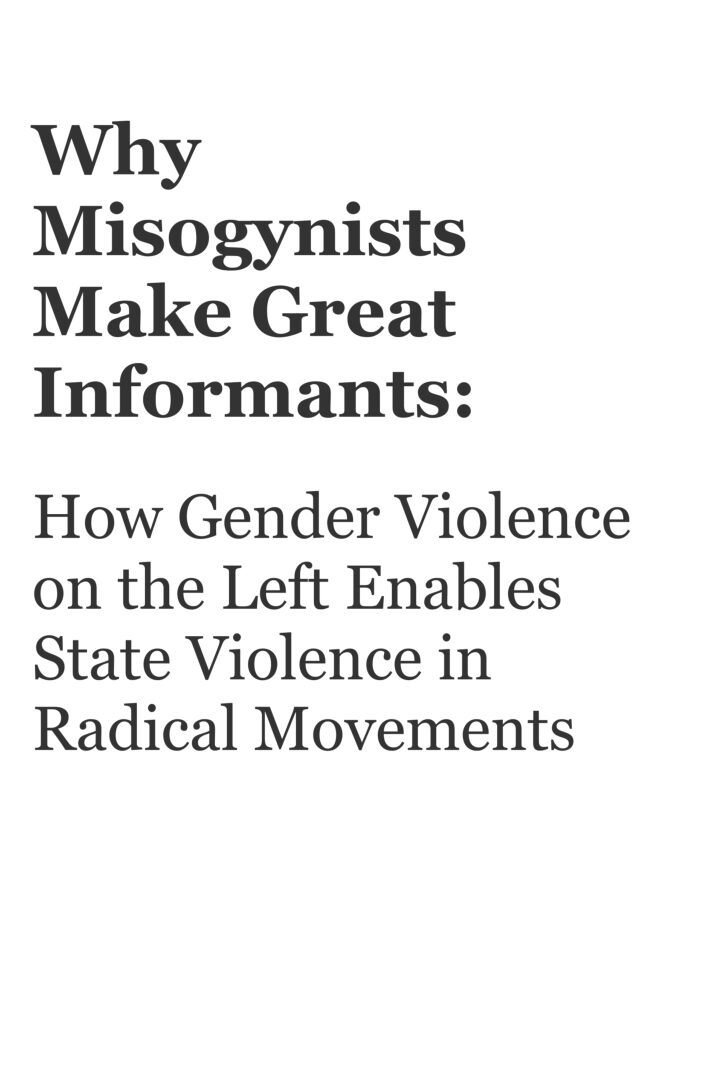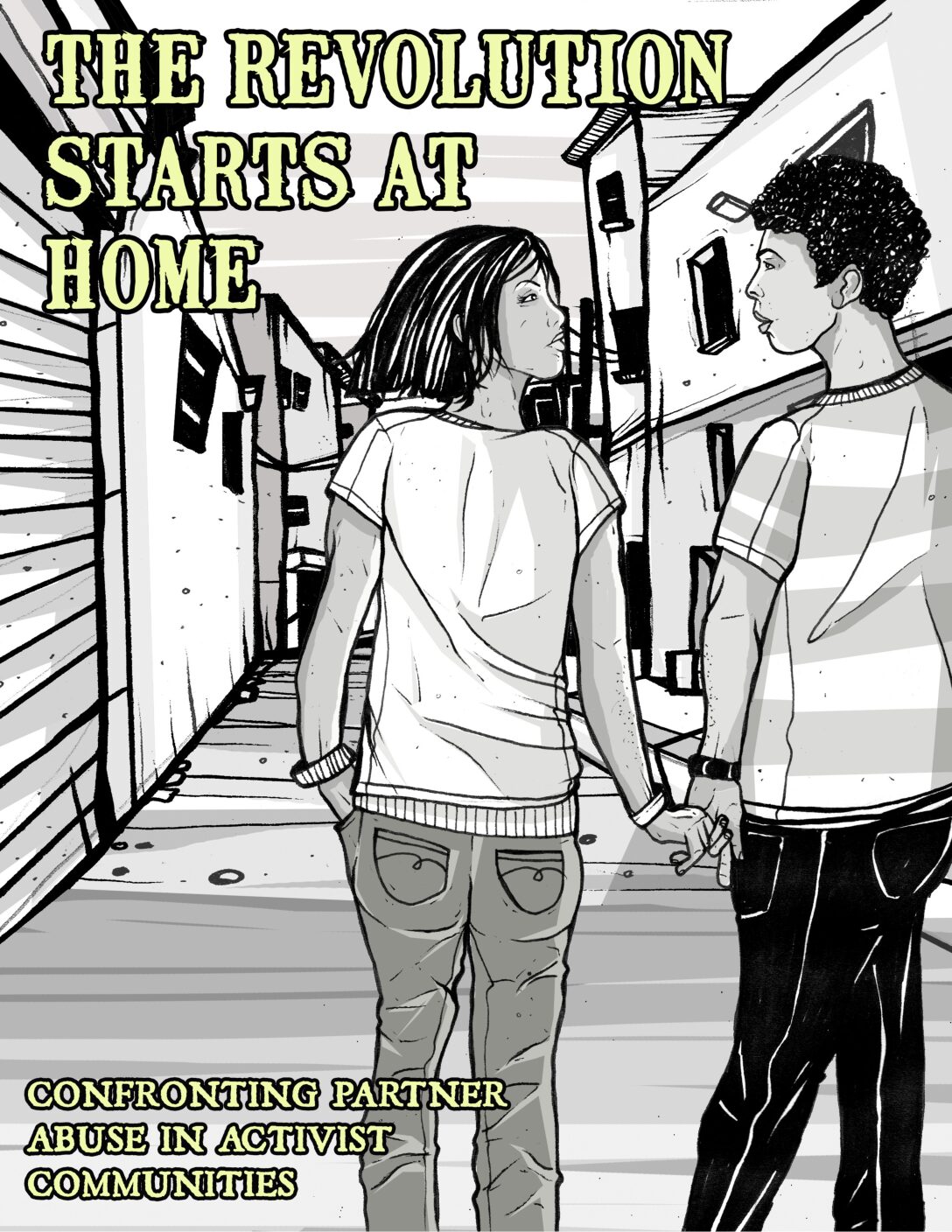Against Innocence
Race, Gender, & the Politics of Safety
In this article (originally published in LIES: A Journal of Materialist Feminism), Jackie Wang explores the ways in which the politics of innocence serves to limit social struggle. Particularly as it relates to police murders of black people, that one have the identity of an “innocent victim” is often assumed as pre-condition for resistance. People who are killed by police but who don’t fit this role, are often ignored by liberal organizations and the public at large. But such appeals – which are often aimed at white populations or that embody whiteness – serve to reinforce a framework in which revolutionary and insurgent politics are unimaginable.



